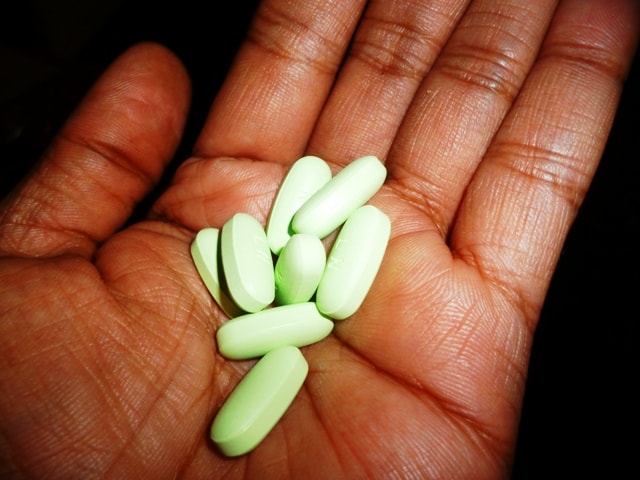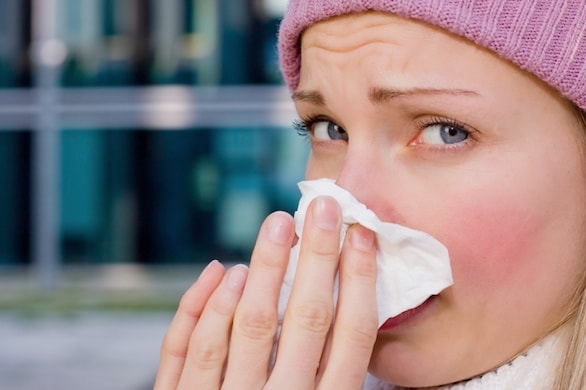7 facts about antibiotics everyone needs to know
(Baonghean.vn) - Advances in Western medicine have helped us live longer and healthier lives, and one of the earliest and most effective discoveries is antibiotics: antibacterial drugs that fight infections in the body. These miracle drugs kill or weaken the harmful bacteria that are making you sick, helping your body get healthy again.
However, there are some unintended and dangerous consequences. Bacteria have become stronger enough to resist antibiotics in recent years, making them less effective. In fact, new “superbugs” have developed that are so strong that doctors can barely treat them, meaning more people will die from infections every year.
So, before you have to use antibiotics, make sure you know the important details about how the drug works, and how you can protect yourself.
1. You can still develop antibiotic resistance even if you're taking them correctly.
 |
Antibiotic-resistant bacteria survive for a very long time. Even the most powerful antibiotics kill only the susceptible bacteria, leaving behind the resistant ones. Under the right conditions, the remaining resistant bacteria can reproduce, infect the treated person, or spread the disease to others through contact.
2. Antibiotic resistance only occurs in bacteria, not in our bodies.
The mechanism of antibiotic resistance has nothing to do with our organs; it exists within the bacteria themselves. So there is nothing we can do to change our bodies or lifestyle to make antibiotics work better against resistant bacteria.
3. Antibiotics do not work to treat the flu or the common cold.
 |
Antibiotics only work against bacterial infections, such as sore throats or some skin infections. The common cold and flu are caused by viruses, so antibiotics won't help. In fact, taking antibiotics when they're not needed can increase the number of resistant bacteria in your body. The World Health Organization says the overuse of antibiotics for viral infections is one of the biggest factors in the development of antibiotic resistance worldwide.
4. Always take the full course of antibiotics prescribed, even if you feel better.
If you must take antibiotics, make sure you take them for the full course of treatment as prescribed. Just because your symptoms improve does not mean the bacteria are gone. Taking the full course of antibiotics will help prevent the bacteria from becoming resistant to the medication.
5. Never use antibiotics prescribed for someone else or left over from a previous course of treatment.
 |
Antibiotics from other people may not be suitable for your own illness, and taking the wrong medicine can increase the chance of bacteria in your body becoming resistant to the medicine. The same goes for expired antibiotics: the active ingredients can break down, making the medicine less effective and increasing the chance of resistant bacteria developing.
6. It only takes one course of antibiotics to 'produce' drug-resistant bacteria.
There is a common misconception that resistance only occurs when you take the same medication repeatedly. While repeated use can cause resistance, even a single course of treatment can cause this problem. This is why it is important to get your medication prescribed and take it as directed.
7. Antibiotics are not always the solution.
While antibiotics are important, they are not always necessary, and overuse can do more harm than good. So learn as much as you can about these complex medications, and then talk to your doctor to make the best decision for your health.
Central and South
(According to Boredomtherapy)
| RELATED NEWS |
|---|


